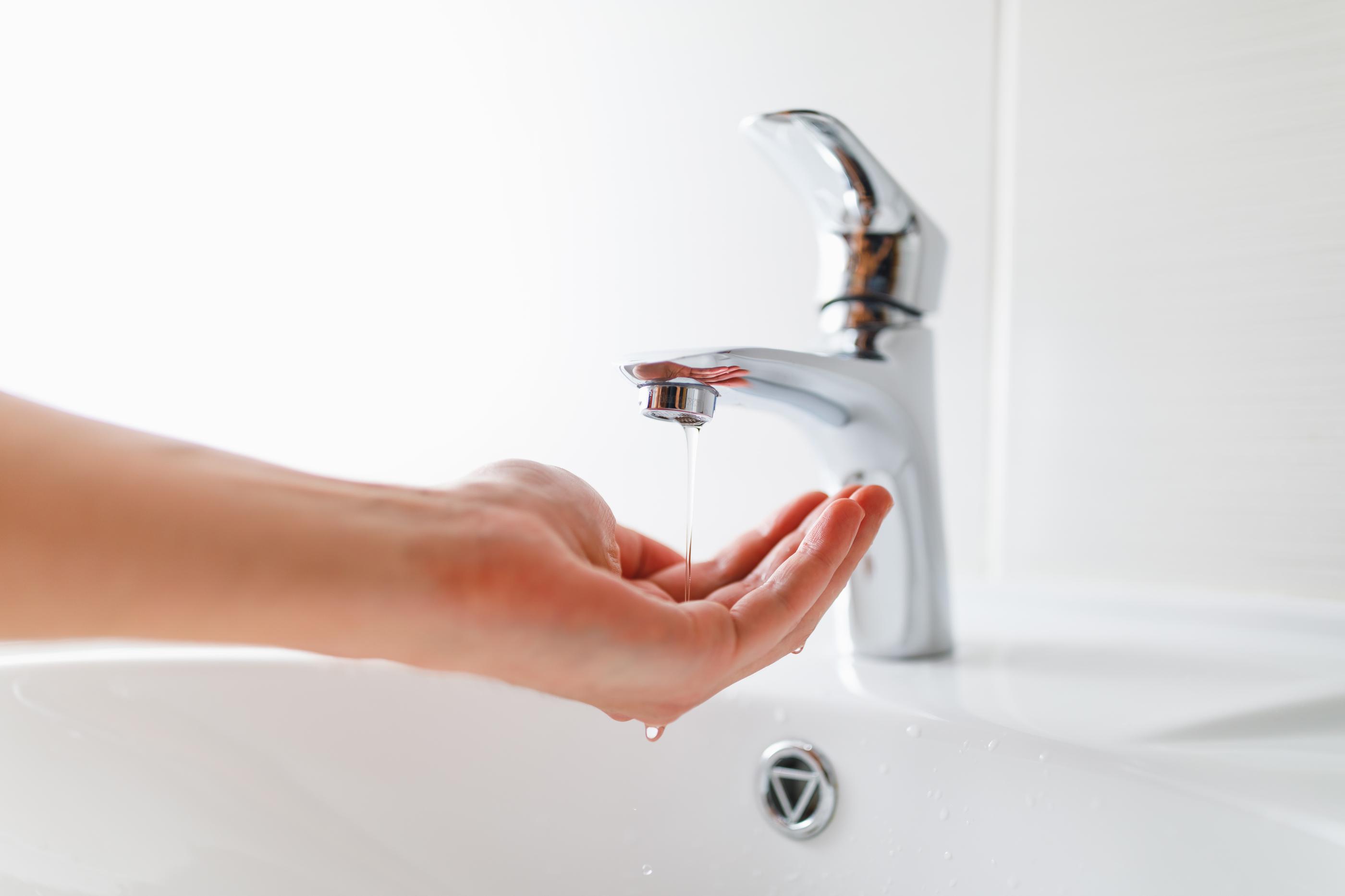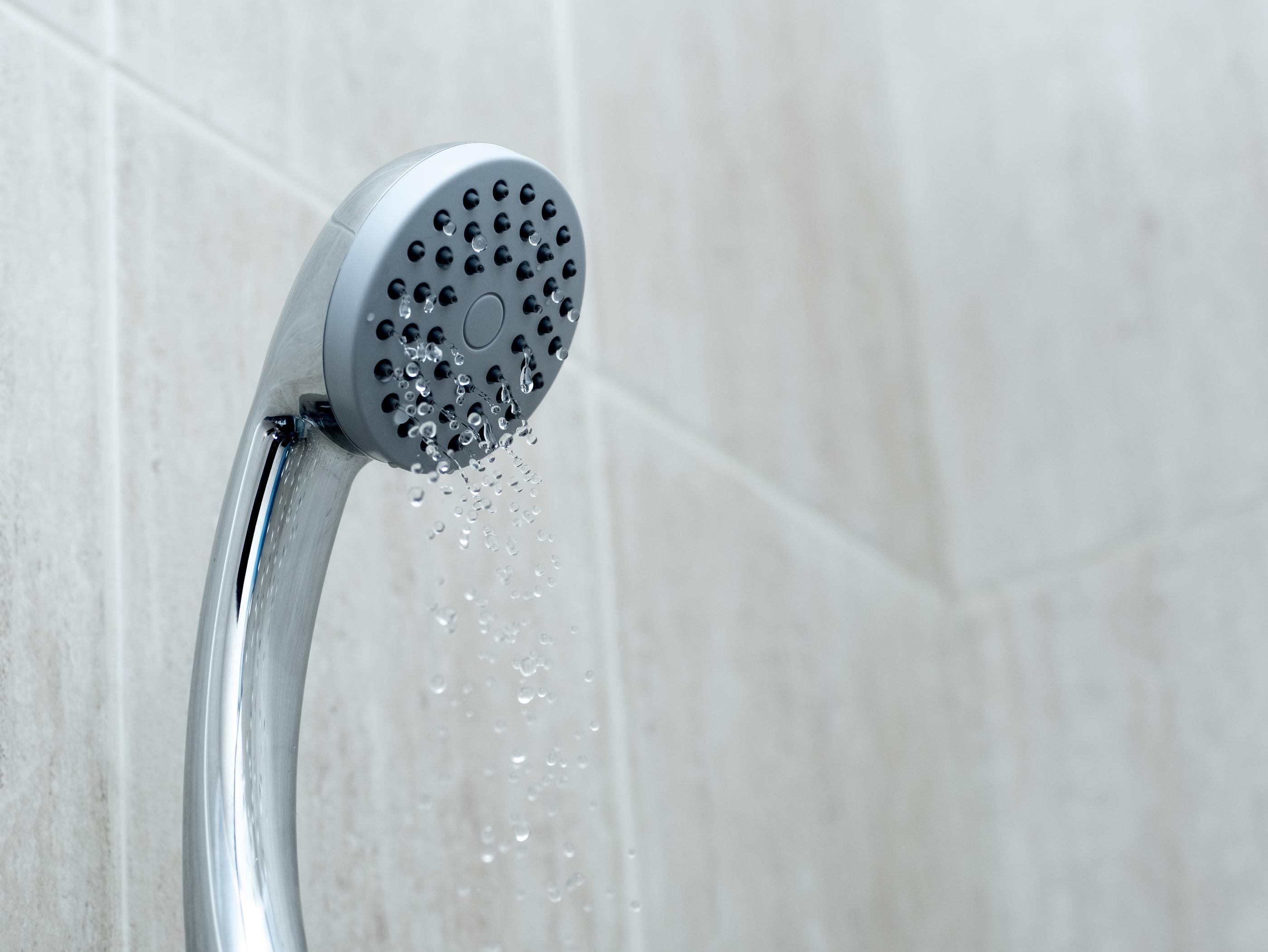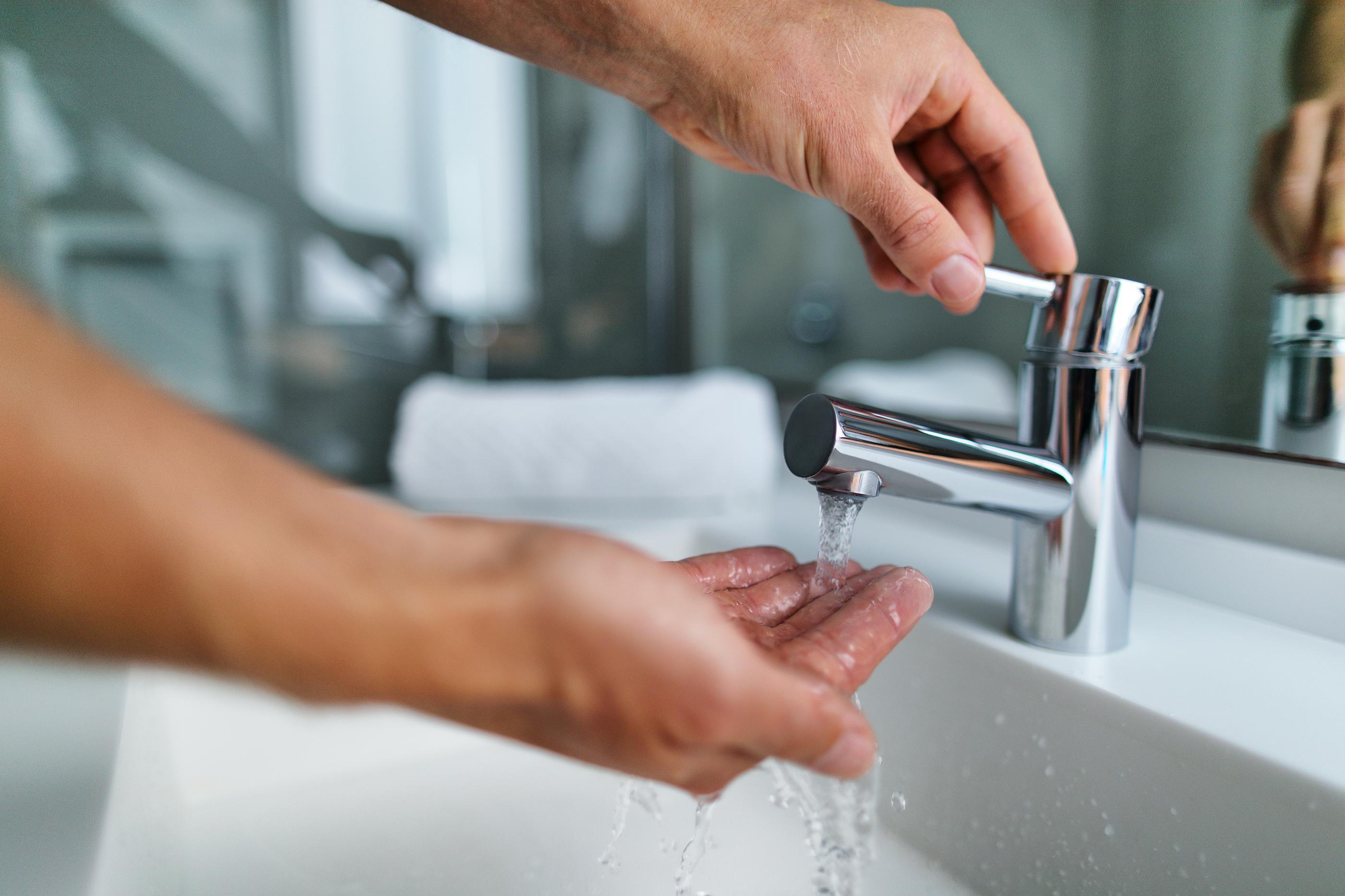How to Increase Water Pressure in Your Port. St. Lucie Home
November 25, 2024

Trying to shower when it feels like you’re standing under a weak drizzle, struggling to rinse shampoo from your hair, is an experience none of us enjoy. Low water pressure makes washing clothes and dishes take longer, and even something as simple as filling a pot to boil water can feel like it takes forever.
Adequate water pressure is essential for maintaining a comfortable and efficient household. Whether it’s enjoying the reliable flow of a relaxing shower or filling a glass of water quickly when you’re thirsty, water pressure plays a vital role in our daily lives.
For many in Port St. Lucie, low water pressure can disrupt routines and create unnecessary frustration. Understanding the causes of low water pressure and knowing how to address them can help you restore your home’s water system to optimal performance. In this blog, we’ll explore common issues, practical solutions, and essential tips to ensure your home always has strong and reliable water pressure.
What Causes Low Water Pressure?
Low water pressure can have many causes, each impacting your home’s plumbing system differently. From things that are outside of a homeowner's control, like municipal water supply issues, to those that are often overlooked, like gunk in the system, all of them can have big impacts.
Common causes include:
- Mineral Buildup in Pipes: Over time, minerals like calcium and magnesium can accumulate in your plumbing, narrowing the pipes and restricting water flow.
- Leaks in the Plumbing System: Even a small leak can cause significant drops in water pressure, as water escapes before it reaches your faucets.
- Faulty Pressure Regulators: If your home uses a pressure regulator and it’s malfunctioning, it may not be maintaining the proper water pressure.
- Municipal Water Supply Issues: Sometimes, the problem isn’t within your home but lies with the local water supply, such as low pressure during peak usage times or nearby maintenance work.
- Outdated or Undersized Pipes: Older homes may have plumbing that’s too small to accommodate modern water demand, leading to consistently low pressure.
By identifying the root cause of your low water pressure, you can better determine the appropriate solution, whether it’s a DIY fix or professional assistance.
Can Low Water Pressure Have Negative Effects?

If you have been complaining about low pressure, you already know how annoying it is. However, low water pressure isn’t just an inconvenience; it can have a ripple effect on your daily life and even on your home’s overall efficiency. Here are some of the negative impacts to consider:
- Inefficient Appliances: Appliances like dishwashers and washing machines take longer to complete cycles when water pressure is insufficient, wasting time and energy.
- Water Waste: Low pressure often leads to extended usage times to complete tasks like filling a bathtub or rinsing dishes, ultimately increasing water consumption.
- Strain on Plumbing Fixtures: Insufficient water pressure can cause stress on your plumbing system, leading to premature wear and tear on fixtures like faucets and showerheads.
- Reduced Comfort and Productivity: From frustrating showers to slower outdoor tasks like watering the lawn, low water pressure can disrupt the flow of your day and make simple chores feel tedious.
Addressing low water pressure not only improves convenience but also helps protect your home’s plumbing and reduce unnecessary water usage.
What Should House Water Pressure Be?
The ideal water pressure for a home typically falls between 40 and 60 PSI (pounds per square inch). This range provides a strong, consistent flow that is sufficient for most household needs without putting unnecessary strain on your plumbing system.
If the water pressure is too low (below 40 PSI), it can lead to inconveniences such as slow-filling sinks and inefficient appliances. On the other hand, water pressure that’s too high (above 80 PSI) can damage pipes, fixtures, and appliances, leading to costly repairs over time.
To maintain the right balance, many homes use a pressure regulator to keep water pressure within the optimal range. Regularly checking your home’s water pressure ensures you stay within this range, preventing both inconvenience and potential damage.
How to Test Water Pressure

Testing your home’s water pressure is a simple task that can help you determine whether you’re within the ideal range or if adjustments are needed. Here’s how you can do it:
- Purchase or Borrow a Pressure Gauge: You can find water pressure gauges at most hardware stores or online. Make sure the one you get is designed for residential use.
- Attach the Gauge to an Outdoor Faucet: Locate an outdoor faucet or hose bib, as they typically have the most consistent pressure. Screw the pressure gauge onto the faucet’s threaded nozzle.
- Turn on the Faucet: Fully open the faucet to allow water to flow freely through the gauge.
- Read the Gauge: The pressure will be displayed in PSI. A reading between 40 and 60 PSI is ideal for most homes. Anything above or below this range may indicate a problem.
- Repeat in Different Areas: If you suspect uneven pressure in different parts of the house, test faucets in various areas to ensure consistency.
If your water pressure falls outside the optimal range, it might be time to adjust your pressure regulator or check for other issues such as leaks or mineral buildup. If it falls in the right range, but you feel your pressure isn’t good, it may be a good idea to reach out to a professional to determine what is causing that problem, and how to fix it.
Ensure Strong, Reliable Water Pressure for Your Home:
Benjamin Franklin Plumbing in Port St. Lucie is Here to Help
Don’t let low water pressure slow you down—take the steps today to enjoy the strong, steady water flow your household needs to run smoothly. By understanding what causes low water pressure, testing it properly, and knowing how to fix common issues, you can restore your home’s water flow to optimal levels.
Whether it’s cleaning out clogged fixtures, repairing leaks, or adjusting your pressure regulator, small changes can make a big difference. For more complex issues, calling a professional plumber ensures your plumbing system is evaluated and repaired effectively.
Whether you just want an expert to do it, or you are running into issues that you feel would best be handled by a professional, we’re standing by to help. Consult with our dedicated team at Benjamin Franklin Plumbing in Port St. Lucie. We are committed to excellent customer service, providing expert advice, and ensuring the health and efficiency of your home's plumbing system.